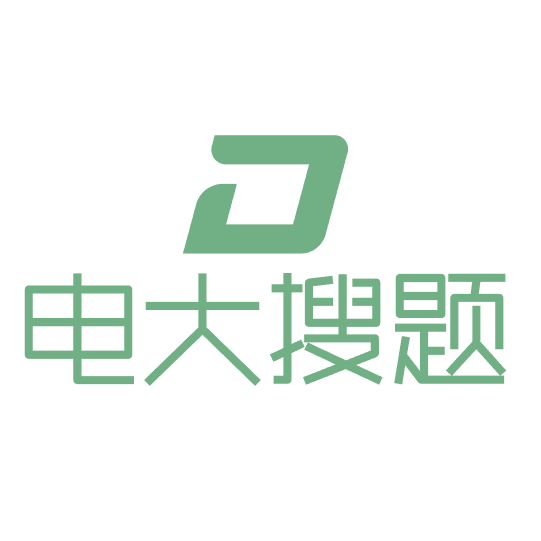—_________________________________. — Besides Bank of China, you can get the money exchanged in Industrial and Commercial Bank of China, China Construction Bank etc..
—_________________________________. — It arrives by mail, I suppose.
— Can I exchange foreign currency in Bank of China? —_________________________________.
— How long does the remittance take from New York? —_________________________________.
—_________________________________. — Today’s rate is listed on the board here.
18 of the EU members have replaced their national currencies by Euro notes and coins ______
I’ll ______ the remittance for you in our records.
I’ll get your RMB for you while you’re ______ these forms.
If you want to pay ______ something in another currency, you have to change your money into the other money.
The question ______ we should use this brand name will be decided by our marketing team.
This is a real bank ______ is operated by students between 10 and 12 years old.
This story is about some American students ______ learnt business skills by operating their own banks.
We are an authorized foreign exchange bank and can ______ 17 kinds of currencies into RMB.
We’re sorry to tell you that your remittance ______ yet.
Wherever you go, exchanging money ______ you in touch with international finance.
Precious metals such as gold and silver have been used as money.
I’d like to know whether a remittance of fifty thousand dollars from New York has arrived.
I’ll give you a call when the remittance arrives.
Organizing and operating the bank has taught the children a lot about the banking business.
Remittance is the common way of
Checking a remittance needs
Two modes of remittance are mentioned in the dialog
Different modes of remittance
Usually it costs more time
All children want to have pocket money. Why do their parents just give them a certain amount? One main purpose is to let kids learn _____ their own money. First of all, children are expected to _____ a choice between spending and saving. Then parents should make the children understand what is expected to pay for with the money. Pocket money can give children a chance to experience the three things _____ they can do with the money. They can spend it by giving it to a good cause. They can spend it _____ buying things they want. They can save it for future use. Saving helps children _____ that costly goals require sacrifice. Saving can also open the door to future saving and investing for children.
American students learn business skills in school. Here is a story about some American students who learnt business skills by operating their own banks. In December 1987, the Twiglet Bank was opened at an Elementary School in Miami, Florida. It is a real bank that accepts money for savings and makes loans, and it is operated by students between 10 and 12 years old. The bank is open for one hour two days a week. Students can put their money into the bank and withdraw it as they wish. Officials from a local bank helped the students start the bank. They trained twenty-three of them to do all the different kinds of bank jobs, from counting money to guarding the bank. The students needed money to start the bank. They raised more than $ 2,000 by selling 50-dollar shares in the bank to parents, teachers, the local bank workers, and customers. Organizing and operating the bank has taught the children a lot about the banking business. They have learned about raising and investing money and how to use puters and other banking equipment. They have also learned how to ask for a job and to be responsible for their jobs.
Who helped these children start a bank?
How did children raise money for their bank?
Who is currently operating Twiglet Bank?
Which is not TRUE for the benefits of children from operating their own banks?
What is the best title for this passage?
Beads, stones, seashells, paper, precious metals such as gold and silver, base metals such as iron have all been used as money. Today, money is printed on paper. A lot of countries use their own currency, with names such as dollar, pound, franc, ruble, yuan and so on. Since 2002, 18 of the EU members have replaced their national currencies by Euro notes and coins. If you want to pay for something in another currency, you have to change your money into the other money. If you want to travel outside your native country, you need to change your own country’s money for the money of the country you are visiting. Most large banks sell foreign currencies. You can exchange money at a bank or at an office of a tourist agency. Wherever you go, exchanging money puts you in touch with international finance, which is concerned with exchange rates between different currencies. Deciding the rate for the international exchange of money is one of the most plex aspects of international banking. This best title for this passage is The history of money.
Euro is available in all EU member countries.
Foreign exchange rates have significant impact on the economy of a country.
Currency means money in the form of paper.
Banks are a good option to get your money exchanged.


